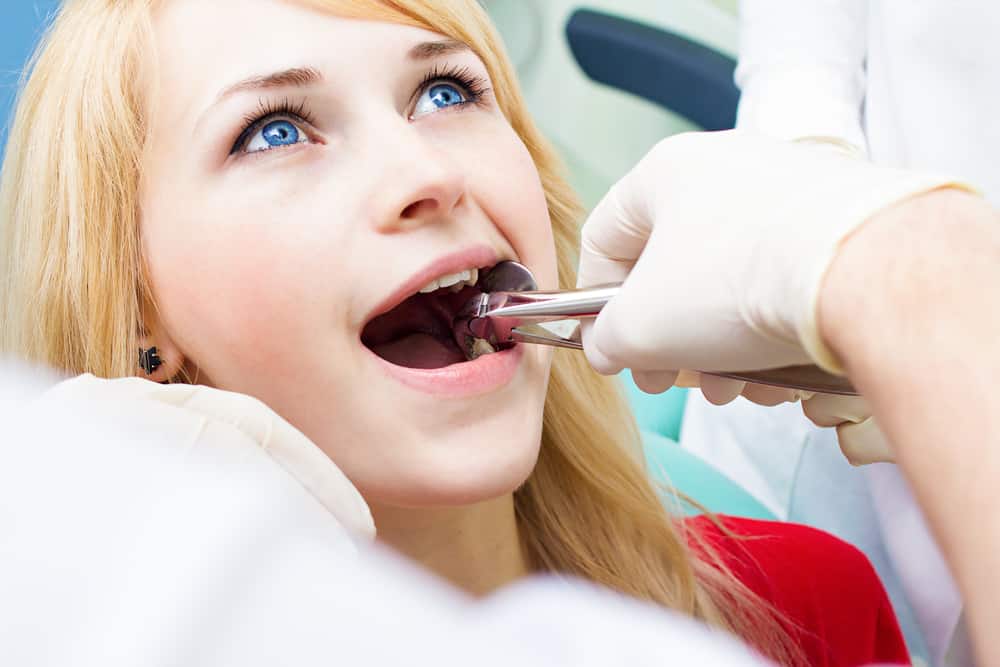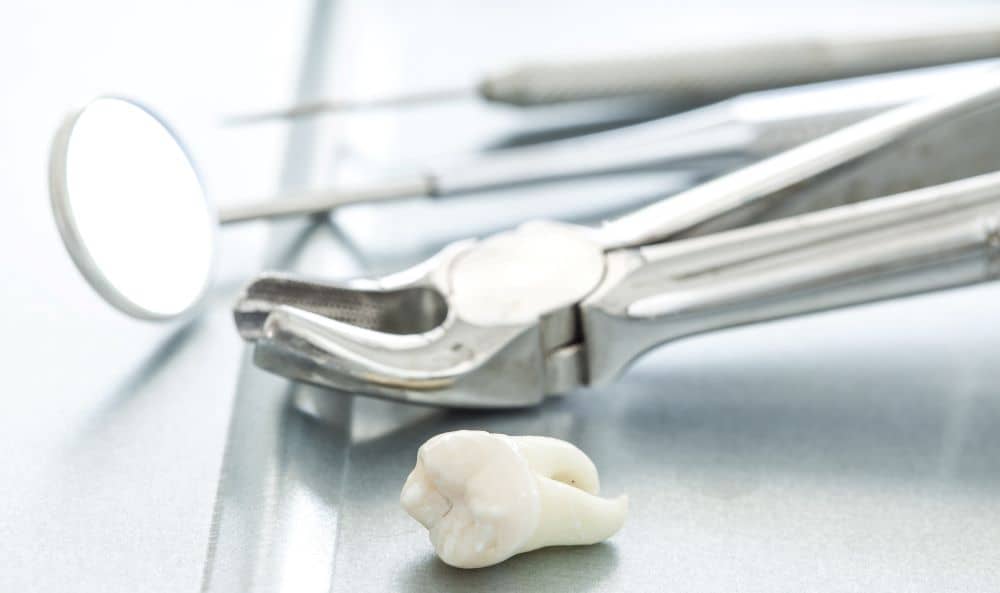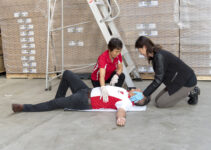While many might view wisdom teeth as just another set of molars, their history and function are deeply rooted in our evolutionary past. Our ancestors, living in a world where meat was not finely chopped and required significant jaw pressure to chew, relied heavily on these third molars.
Fast forward to today, and the role of wisdom teeth has diminished. With modern diets and culinary practices, these teeth often don’t find the space to grow properly, leading to various dental challenges.
The Impact of Wisdom Teeth Extraction

Source: pinterest.com
Wisdom teeth extraction is a surgical procedure that requires addressing potential health concerns. When a wisdom tooth doesn’t have enough space to grow, it can result in pain, infections, and other dental problems. In such cases, extraction becomes necessary.
If left untreated, these impacted teeth can cause tooth decay, gum disease, and even damage to adjacent teeth. The symptoms that often lead to extraction include persistent pain, trapping of food behind the tooth, and infections.
Fun Fact: Wisdom teeth are called so because they appear at a more mature age, when a person is supposedly wiser than in their childhood.
The Recovery Period
The journey post-extraction is crucial.
- In the initial hours after the surgery, it’s essential to manage bleeding and swelling. This can be done by placing gauze over the extraction site and using cold packs.
- Diet plays a significant role in recovery. Soft foods and liquids are recommended to avoid any strain on the surgical site.
- Pain can be managed with over-the-counter pain relievers or those prescribed by your dentist.
- As for oral hygiene, gentle brushing and rinsing are the way to go, ensuring the surgical site remains clean and free from debris.
Pro Tip: Avoid using straws for at least a week post-surgery. The sucking action can dislodge the blood clot from the socket, delaying healing.
Potential Challenges

Source: freepik.com
Recovery isn’t always a straight path. One might encounter challenges like dry socket, where the protective blood clot is lost from the surgical wound, leading to exposed bone and intense pain. Infections are another concern.
If you notice pus or experience severe pain, it’s essential to seek professional help immediately. Nerve damage, though rare, is a potential complication. Symptoms include persistent numbness or loss of feeling. Lastly, if discomfort persists beyond the expected recovery period, it’s a sign to contact your dentist.
Finding Comfort and Relief
Recovery from wisdom teeth extraction is not just about physical healing but also about finding comfort and relief during the process.
- Rest is paramount. Giving your body the time it needs to heal can significantly reduce the recovery period.
- Cold and heat therapy can be beneficial; while ice packs can help reduce swelling, warm compresses can alleviate pain.
- Hydration is key. Drinking plenty of water aids in the healing process, and consuming nourishing foods ensures your body gets the essential nutrients.
If the pain gets too much, try engaging in light activities like reading or listening to music to distract yourself.
Pro Tip: Pineapple contains bromelain, an enzyme known to reduce swelling. Consider incorporating it into your diet post-surgery for its anti-inflammatory properties.
Follow-up Care and Progress Tracking

Source: youtube.com
Post-operative care is as crucial as the surgery itself. Scheduled visits to the dentist help in monitoring the healing process and addressing any concerns that might arise.
As days pass, you’ll find yourself returning to normalcy, but it’s essential to resume activities as advised by the dentist. Keeping a recovery journal can be beneficial. Documenting improvements and noting any persistent issues can provide valuable insights during your follow-up visits.
Fun Fact: The term “wisdom” in “wisdom teeth” comes from the age when they typically appear, a time when individuals are entering adulthood and supposedly wiser than in their youth.
Emotional Well-being During Recovery
Physical recovery is just one aspect; emotional well-being plays a significant role too. It’s natural to feel frustrated or anxious during the recovery period. Practicing patience and self-care can help manage these emotions.
Talking to friends, family, or professionals can provide comfort and clarity. Remember, the discomfort is temporary and is a part of the healing journey. Keeping a positive outlook can significantly impact the recovery process.
FAQ

Source: pinterest.com
How long does the typical recovery period last after wisdom teeth extraction?
While most people start to feel better after 3-4 days, complete recovery can take up to two weeks. Factors like the number of teeth extracted and the individual’s overall health can influence the recovery time.
Can I exercise after the surgery?
It’s recommended to avoid strenuous physical activity for at least 3-5 days post-surgery to prevent any complications and promote healing.
When can I start brushing my teeth again?
You can resume gentle brushing 24 hours after the surgery, avoiding the surgical sites for the first few days.
Is it normal to experience a change in taste or bad breath after the extraction?
Yes, some people might experience a temporary change in taste or bad breath due to the healing process. Regular saline rinses can help alleviate this.
Can I travel after having my wisdom teeth extracted?
It’s best to avoid traveling for at least a week post-surgery, especially air travel, as changes in air pressure can affect the surgical site.
Is it common to experience numbness or tingling after the surgery?
Yes, some patients may experience temporary numbness or a tingling sensation in the lower lip, tongue, or chin due to nerve irritation. This usually subsides within a few days to weeks, but if it persists, it’s essential to consult with your dentist or oral surgeon.
In Summation
Navigating the journey of wisdom teeth extraction and recovery is a comprehensive process that requires both knowledge and patience. While the procedure and subsequent recovery can seem daunting, being equipped with the right information and a positive mindset can make all the difference.
Always prioritize your well-being, adhere to post-operative guidelines, and remember that every individual’s experience is unique. With proper care and attention, the road to recovery can be smooth and manageable.







